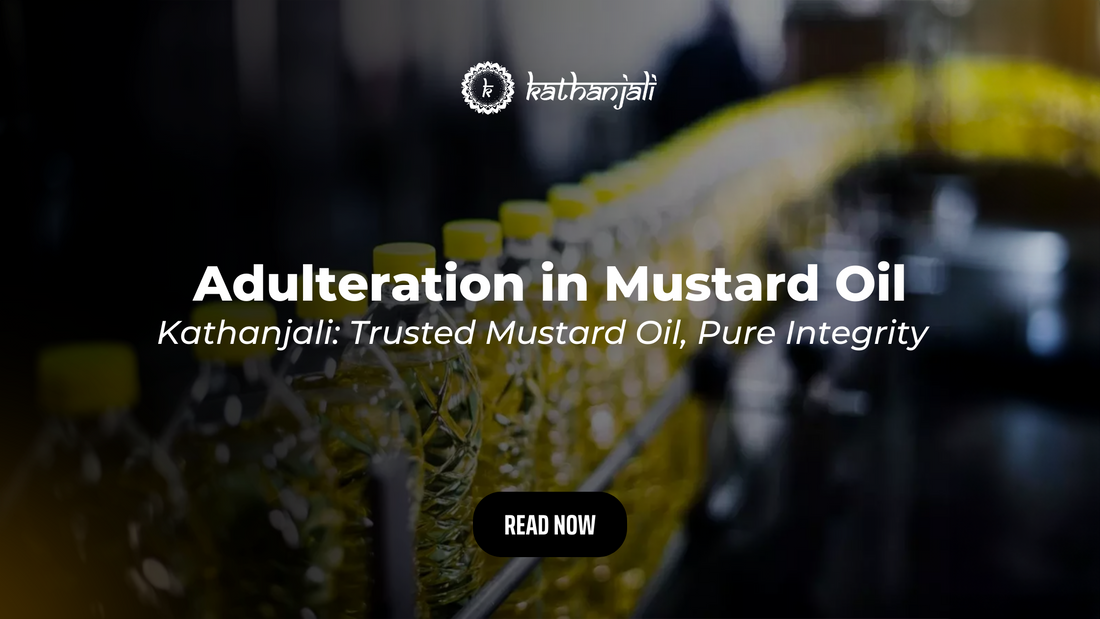Adulteration in mustard oil poses a significant threat to public health and consumer trust in India. As one of the most commonly used cooking oils in the country, mustard oil's popularity also makes it a prime target for adulteration practices.
Adulteration in mustard oil involves the addition of cheaper oils or harmful substances, compromising its purity and nutritional value. Common adulterants include refined oils like palm oil or soybean oil, as well as hazardous compounds such as argemone oil. Adulterated mustard oil not only lacks the characteristic flavor and aroma but also poses serious health risks to consumers, including digestive disorders and cardiovascular diseases.
Despite regulatory measures and quality standards in place, reports suggest that adulteration in mustard oil persists in various parts of India. The complexity of adulteration techniques and the challenges associated with enforcement contribute to the prevalence of this issue, underscoring the need for concerted efforts to combat adulteration and protect consumer interests.
The government of India, through regulatory bodies like the Food Safety and Standards Authority of India (FSSAI), has implemented measures to address adulteration in mustard oil. These include establishing quality standards, conducting regular inspections, and imposing strict penalties on offenders found guilty of adulteration. Additionally, awareness campaigns and consumer education initiatives have been launched to empower consumers with knowledge about identifying genuine mustard oil and avoiding adulterated products.
Amidst concerns of adulteration in mustard oil, brands like ours, Kathanjali, have it as our primary goal to become beacons of consumer trust and integrity in the market. Kathanjali's wood-pressed mustard oil stands out for its commitment to safety, purity, and quality. Unlike conventional extraction methods, wood pressing ensures the preservation of nutrients and flavor, making it a preferred choice for health-conscious consumers.
Kathanjali goes the extra mile to ensure the safety and quality of their wood-pressed mustard oil products. From sourcing high-quality mustard seeds from trusted suppliers to employing state-of-the-art extraction techniques, every step of the production process is meticulously monitored and controlled. Stringent quality control measures, including regular testing and certification, further reinforce Kathanjali's dedication to delivering pure and authentic mustard oil to consumers.
Moreover, Kathanjali prioritizes transparency and consumer trust by providing detailed information about their sourcing practices, production methods, and quality standards. By fostering transparency and accountability, Kathanjali aims to build lasting relationships with consumers based on mutual trust and confidence in the quality of their products.
In conclusion, combating adulteration in mustard oil requires collective efforts from government agencies, industry stakeholders, and responsible brands. While government initiatives focus on regulatory enforcement and consumer awareness, we at Kathanjali commit ourselves safety and quality of mustard oil through their commitment to transparency, integrity, and excellence. By choosing trusted brands and staying informed about quality standards, consumers can protect themselves from the risks of adulterated mustard oil and enjoy the nutritional benefits of this versatile cooking oil with confidence.

